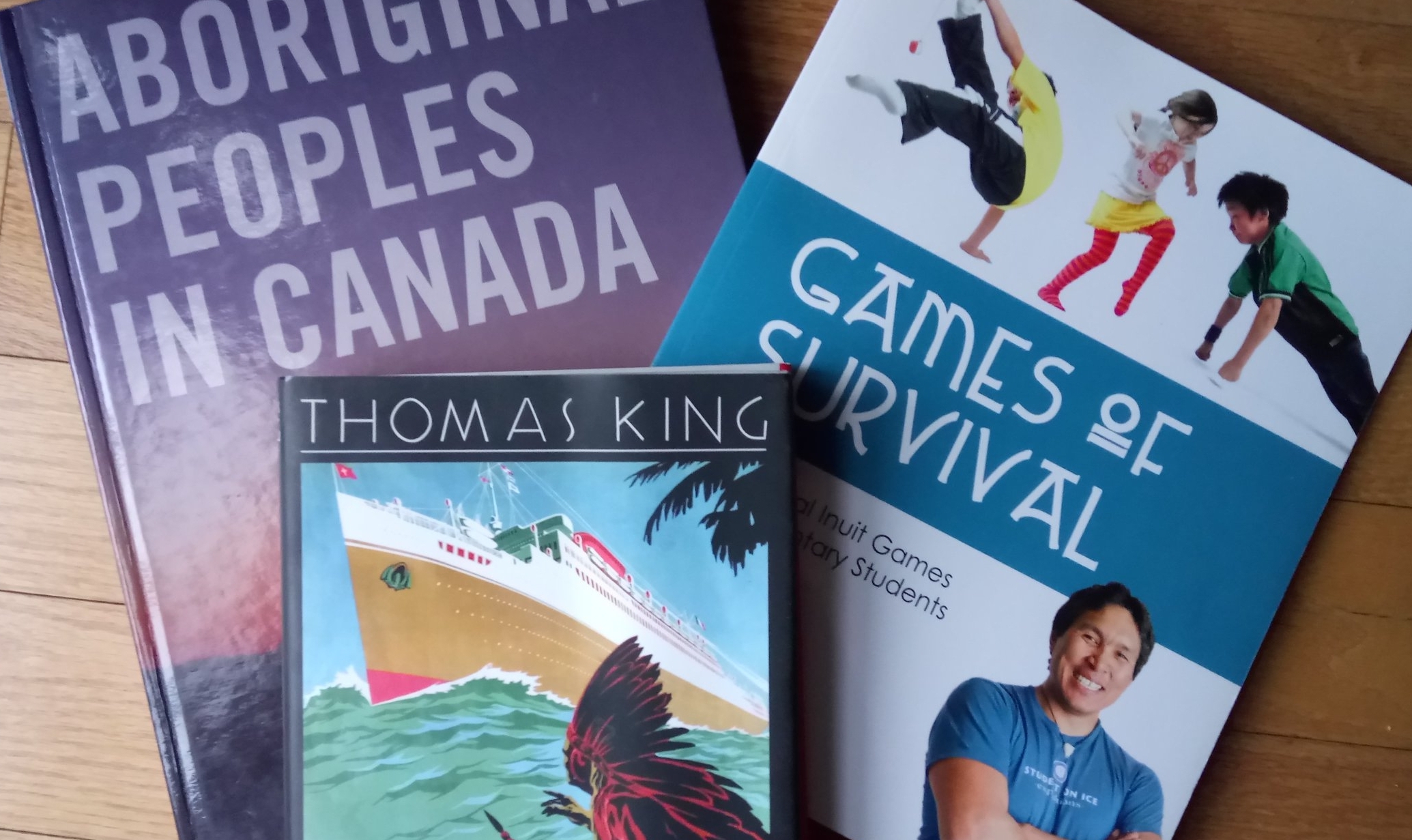In January 2017 I began Listen & Learn, my free newsletter about Indigenous Education with the goal of sharing resources, questions I am currently exploring and highlighting the work of other educators. Five years and over 1500 followers later, I have decided to expand the world of Listen & Learn to include a monthly community of practice.
This Community of Practice evolves out of my ongoing inquiry about where I as a Seltter of Italian-Canadian descent can be useful in the field of Indigenous Education. As a educator and coach, I am excited to hold space for others as we deepen our commitment to Indigenous content in our teaching, while navigating how our identities and experiences can get in the way of, spur on, and inform our work.
While I imagine this will evolve to meet the needs of participants, I am excited to welcome a first cohort of educators to join me for three sessions, once a month beginning in the winter. This time together will be an opportunity to examine our blocks and fears, and chart our next steps in our practice of teaching Indigenous content.
Please note that spaces are limited to ensure a rich community experience for participants.


